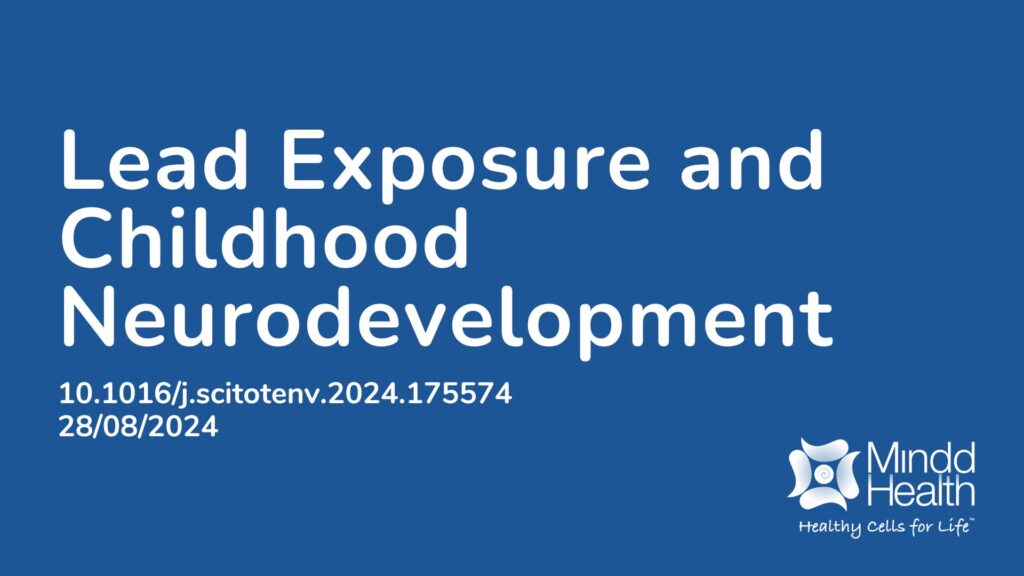Summary:
ADHD is a prevalent neurodevelopmental disorder in children and adolescents, characterised by attention deficits, impulsivity, and hyperactivity. Treatment typically involves multimodal approaches, including long-term medication and cognitive-behavioural therapy. Prenatal and perinatal factors, dietary patterns, and socio-economic adversity are all significant contributors, alongside genetic vulnerability. Among environmental risk factors, chemical stressors such as lead are of particular concern due to their well-established neurotoxic effects. Lead can disrupt neurotransmission and interfere with cellular processes essential for brain development. This study conducted a meta-analysis to investigate the relationship between environmental lead exposure and ADHD. 14 studies were included, and a strict inclusion criteria were applied, including the requirement for clinician-confirmed ADHD diagnosis and clearly defined lead exposure. The study had a combined sample of 7,618 participants-2,554 with ADHD and 5,064 without (controls). The results showed a significant association between lead exposure and increased risk of ADHD. Further analysis revealed that both higher lead levels and older participant age were associated with a greater likelihood of ADHD diagnosis. These findings offer new evidence linking lead exposure to ADHD and highlight the need for ongoing environmental monitoring and stricter regulation of neurotoxic substances.
Abstract:
Environmental lead exposure has been a much-discussed risk factor for the development of ADHD for decades. However, due to methodological shortcomings, the existing research on this topic is highly inconsistent. We will attempt to clarify this question by performing a meta-analysis based on a systematic literature search until February 2024 including different databases such as Pubmed and Google Scholar. The effects of environmental lead exposure were synthesized by odds ratios. A random effects model was deployed with a Paule-Mandel estimator using Hedges’ invariance weighting. In addition, we carried out sensitivity analyses to examine the robustness of effects, including the detection of outliers, publication bias, p-hacking and moderating variables. In total, 14 studies with 14 effect sizes were included which had investigated the effects of lead exposure on the development of ADHD. The analyses were based on a final sample size of N = 7618 with n = 2554 ADHD cases (33,53 %) and n = 5064 healthy controls (66.47 %). Our results show that lead exposure was significantly associated with a higher risk of ADHD development. Regression analyses demonstrated that increased age of participants and increased lead significantly enhanced the risk of ADHD. Summing up we present novel results concerning the relationship between environmental lead exposure and the development of ADHD, while discussing underlying pathomechanisms as well as limitations. Finally, we provide recommendations for future studies and public health policies.
Article Publication Date: 28/08/2024
DOI: 10.1016/j.scitotenv.2024.175574



